A beautiful smile is one of your greatest assets. But, chipped teeth can compromise both your appearance and oral health. Many people don’t realize that chipped teeth can lead to cavities if left untreated. This is because chipped teeth can become a gateway to cavities. As a result, you need to seek treatment in order to maintain your oral health.

The Link Between Chipped Teeth and Cavities
Chipped teeth may seem harmless at first. But, they can create conditions that can lead to cavities.
When you have chipped teeth, it can cause uneven surfaces. Chipped teeth often have surfaces where bacteria and food particles can easily build. These nooks and crannies are hard to clean with regular brushing.
Another issue that can occur is the weakening of your enamel. The outer protective layer of your teeth can become compromised when a tooth is chipped. Weakened enamel is more susceptible to decay.
Finally, chipped teeth may lead to increased tooth sensitivity. As a result, it can become painful to eat or drink hot or cold items. This can further impact your oral hygiene routine.
Preventing Cavities from Chipped Teeth
Preventing cavities that can arise from chipped teeth is crucial for your oral health. Luckily, there are some steps you can take.
Going to the dentist regularly can help avoid issues with your oral health. Your dentist can detect chipped teeth early and give the right treatments.
Furthermore, having good oral hygiene can prevent cavities. Brushing your teeth at least twice a day and flossing can help remove damaging plaque and food particles. These can build around chipped areas, eventually creating cavities.
If you grind your teeth, consider wearing a mouthguard to protect them from further damage. Chipped teeth can receive more damage without protection.
Finally, you should avoid chewing on hard objects like ice. You also shouldn’t use your teeth to open packages. This is because these activities can cause further chipping.
Treatment Options for Chipped Teeth
Fortunately, there are several treatment options available to address chipped teeth and prevent cavities.
Dental bonding is a simple and cost-effective procedure in which your dentist uses a tooth-colored resin to fill in and reshape the chipped area. It helps restore the tooth’s appearance and protects it from cavities.
Veneers are thin shells made of porcelain or composite material that cover the front surface of the tooth. They can provide a more permanent solution for chipped teeth while enhancing aesthetics.
For more severe cases of chipped teeth, dental crowns may be recommended. Crowns are custom-made caps that cover the entire tooth, providing strength and protection.
Aftercare and Maintenance
After undergoing treatment for chipped teeth, it’s important to maintain good oral hygiene to prevent future cavities and damage.
Continue to see your dentist for regular checkups to monitor the treated tooth and ensure it remains healthy. Furthermore, you should use a soft-bristle toothbrush to avoid damaging any dental work. Eliminate habits like nail-biting and teeth grinding to prevent chipping or further damage.
Finally, your dentist may recommend special toothpaste or mouthwash to help strengthen and protect your teeth.
